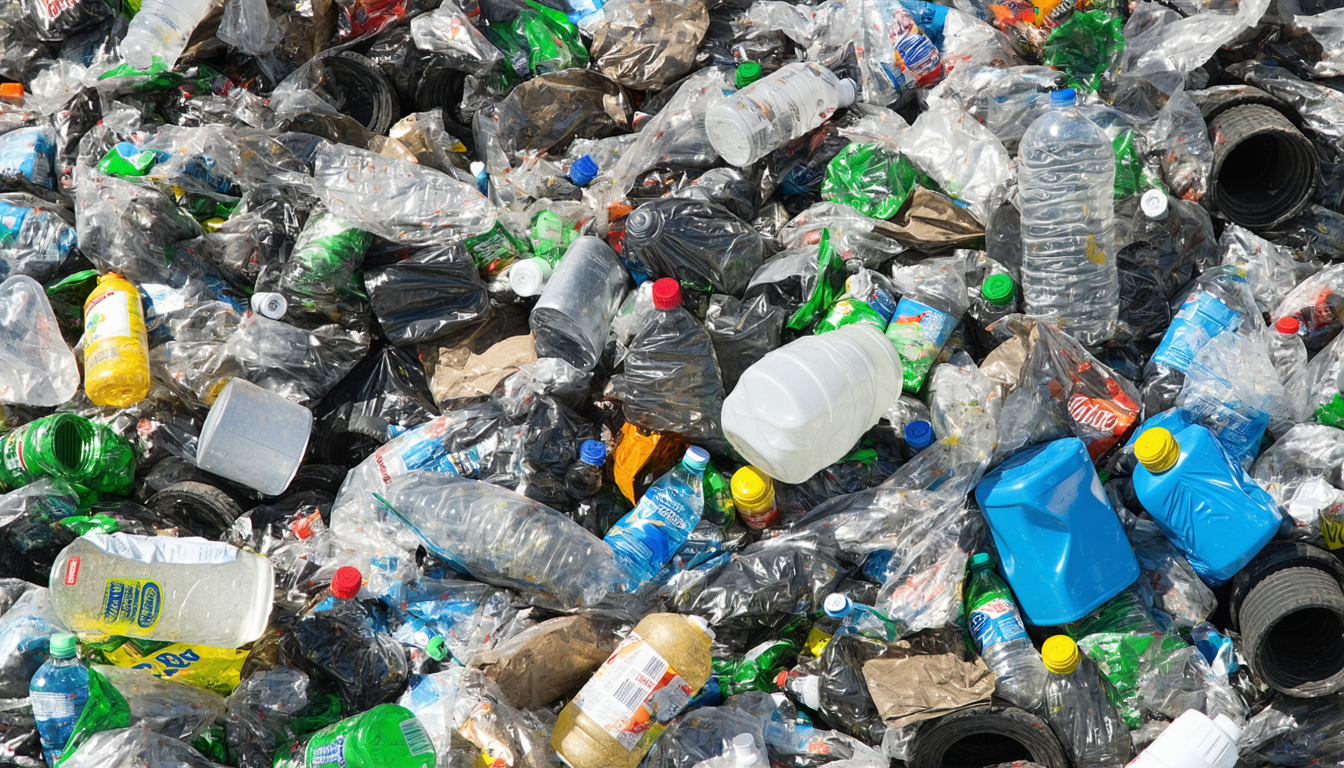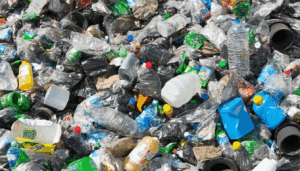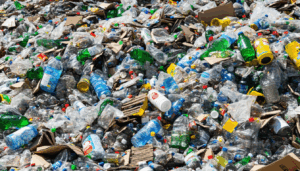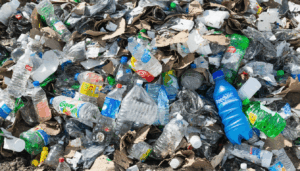In a significant push toward environmental sustainability, recycling initiatives across the United States are experiencing unprecedented growth as communities embrace straightforward approaches to waste reduction. Government officials, environmental experts, and community leaders are rallying behind simplified recycling methods that promise to increase participation rates and reduce contamination in recycling streams. The movement, gaining traction in both urban and rural areas, focuses on making recycling more accessible and understandable for everyday Americans.
New National Guidelines Simplify Recycling Practices
The Environmental Protection Agency (EPA) unveiled updated recycling guidelines yesterday aimed at standardizing practices across the country. These guidelines emphasize clarity and consistency, addressing one of the most significant barriers to effective recycling: confusion about what can and cannot be recycled.
“The inconsistency in recycling rules between different municipalities has been a major obstacle,” said Maria Rodriguez, EPA’s Director of Sustainable Materials Management. “Our new framework provides clear, universal instructions that will work in virtually any community, making it easier for Americans to recycle correctly regardless of where they live or work.”
The guidelines focus on commonly recycled materials—paper, cardboard, metal cans, plastic bottles, and glass containers—while providing simple visual cues for identification. This approach aims to reduce the estimated 25% contamination rate currently plaguing recycling facilities nationwide.
Technology Drives Recycling Innovation
Tech solutions are playing a crucial role in simplifying the recycling process. Several major cities have implemented smart bins that automatically sort materials, while mobile applications helping consumers identify recyclable items are gaining popularity.
RecycleRight, a new app launched last month, has already reached one million downloads. The app allows users to scan product barcodes to determine recyclability in their specific location.
“Technology is removing the guesswork from recycling,” explained Dr. James Wilson, environmental engineer at MIT. “When people know exactly what to do with each item, participation rates increase dramatically. Our research shows that communities using these tech solutions have seen up to 40% increases in proper recycling behavior.”
Economic Benefits Emerge as Key Motivator
The financial advantages of effective recycling are becoming increasingly apparent to both municipalities and individuals. Cities implementing simplified recycling programs report significant cost savings in waste management.
“By reducing contamination in recycling streams, we’ve cut processing costs by 30% in just six months,” said Mayor Robert Chen of Portland. “Those savings are being passed directly to taxpayers through reduced waste management fees.”
The recycling industry itself is creating jobs at a rate six times faster than the overall economy, according to recent labor statistics. This economic boost is providing additional incentive for communities to invest in recycling infrastructure and education.
Educational Campaigns Target Younger Generations
Schools nationwide are incorporating simplified recycling education into their curricula, recognizing that habits formed early tend to persist into adulthood.
“We’re teaching children the basics of responsible waste management through hands-on activities and simple rules they can remember,” said Sophia Williams, elementary school principal in Chicago. “These students then become ambassadors, often educating their parents and grandparents about proper recycling practices.”
The approach appears to be working. A recent survey found that households with school-aged children demonstrate 45% higher rates of correct recycling behavior compared to those without children.
Looking Ahead: The Future of Simplified Recycling
As these initiatives gain momentum, experts predict a significant shift in America’s approach to waste management over the next decade.
“We’re witnessing a fundamental change in how Americans view waste,” noted environmental psychologist Dr. Thomas Baker. “The combination of clear guidelines, technological assistance, economic incentives, and early education is creating a perfect storm for recycling success. The key has been simplification—making recycling an effortless part of daily




